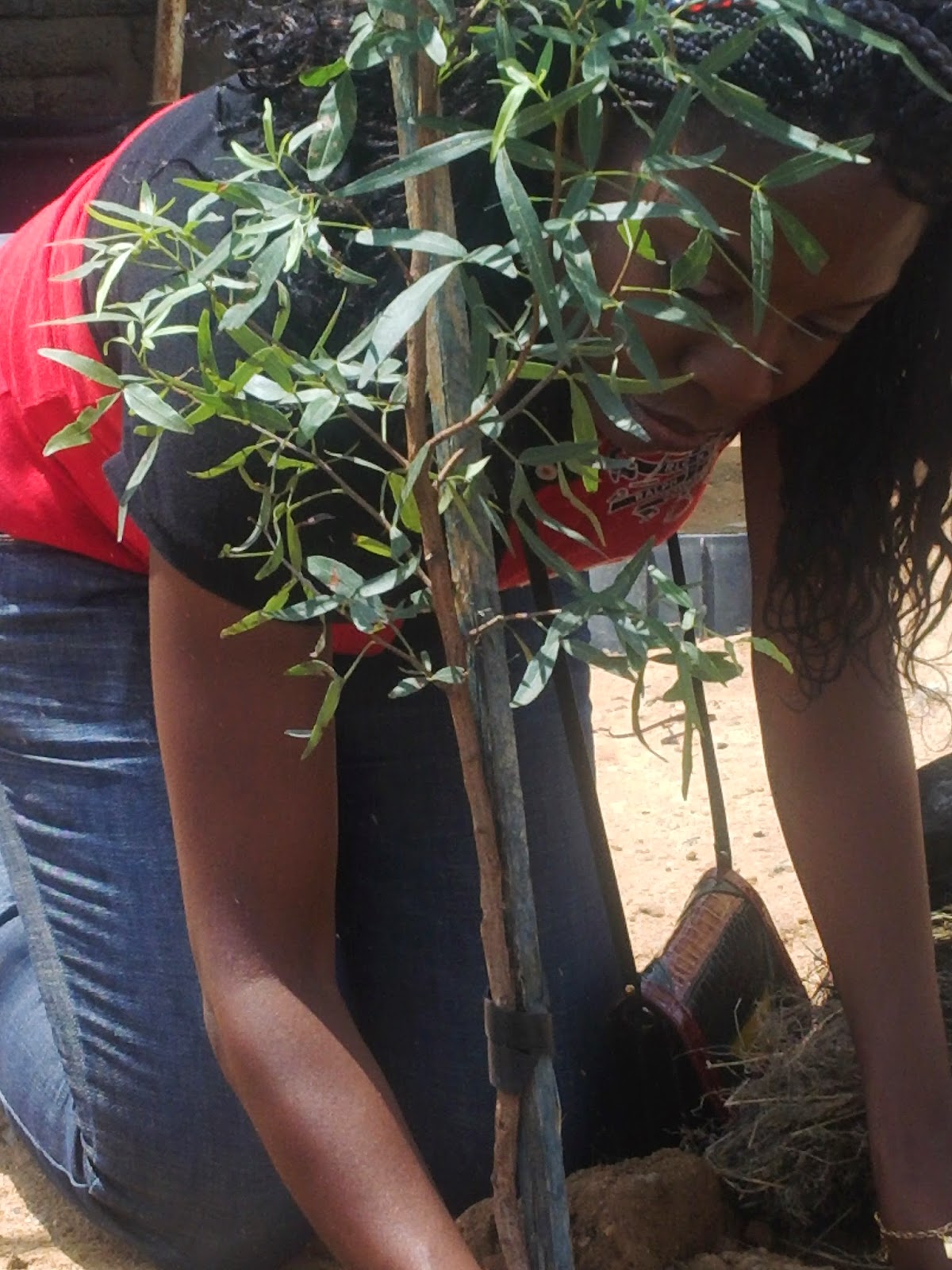24tThe World Health
Organization celebrates the World Health Day globally on 7th April
annually to marl the anniversary of its origin and founding in 1948. The theme
for this year is “Small Bite, Big threat: preventing vector borne diseases" to highlight an area of priority. This
year the World Health Organization committed to creating awareness for
travelers by use of promotional material such as posters and boarding pass
cards at London Heathrow airport ad Washington DC ‘s Dulles’ airports where
travelers were advised on how to protect themselves from vectors borne diseases
while away from home. At Geneva, the headquarters and other offices around the
world, various campaigns took place to educate the general public on the threat of vector diseases.
What are vectors?
They are small organisms that serve as a medium for spreading diseases from
person to person or place to place. They may be a threat to your health and
that of your family at home and when traveling. Such vectors include
mosquitoes, flies, ticks, freshwater snails, sandflies, rodents; insect
vectors, lymphatic filariasis, chagas and bugs can cause serious illness, which
may lead to death. These vectors transmit a wide range of parasites and
pathogens that attack humans and animals. Diseases such as malaria, dengue fever,
leishmaniasis, yellow fever, Ebola fever (currently endemic in Africa) to
mention a few are preventable and they have a greater impact on the poorer and
low income earners of the society.
About 50% of the general
population is at risk of these diseases for people are more vulnerable due to
travel, trade, migration, environmental changes such as climate change and
industrialization, low immune system and various other factors. This year’s
theme aims to promote and create awareness by focusing on the vectors that
spread the disease, the disease they cause and simple precautions we can take
to prevent the bite from these vectors.
Tips for preventing
vector borne diseases
The following are tips
to be considered to prevent borne diseases:
Ø Get vaccinated
against diseases such as yellow fever and Japanese encephalitis.
Ø Educate
Ø Clean your
surroundings; ensure gutters are clean and free from all solids, get rid of all
stagnant water that can be a breeding area for vectors
Ø Ensure you wear light
colored long sleeves and trousers especially between dusk to dawn
Ø Use insect repellent
as appropriate for mosquito prevention it should have at least 25% DEET content
Ø Use insect treated
nets over beds for all family members to sleep
Ø Ensure the windows
and doors of houses have net screens to prevent insects and other vectors from
accessing your homes
Ø Prior to traveling,
contact your health care provider, find out about the vectors in the country
and take steps to prevent vector bites
Ø Frequent travelers
should protect themselves when traveling to countries which pose health threat
Ø Government should put
measures in place to improve the protection of the population
Ø Families living in
vulnerable or vector prone areas should apply protective and preventive
measures.
Ø Practice vector
control and provision of safe water.
Diseases
caused by vectors are preventable therefore bite prevention is the key.
Let us
all join the global campaign with the World Health Organization to create
awareness, provide education for those who are less informed and promote this campaign.
The
threat caused by a small bite can have devastating impact on a larger
community.
The tips above can be applied to prevent bites, spread the word.
Written by O’ Reese
on behalf of En-pact Solutions Limited. 2014.
Twitter: @O Reese2
@EnpactHSE





